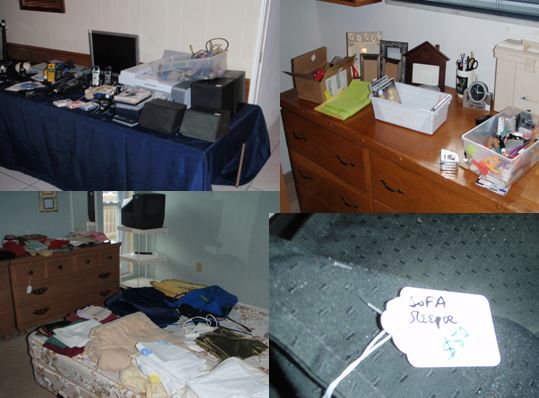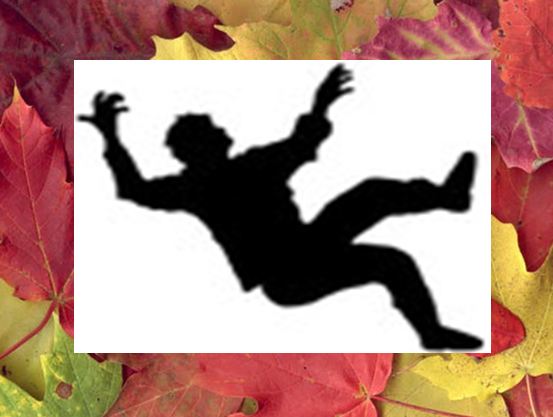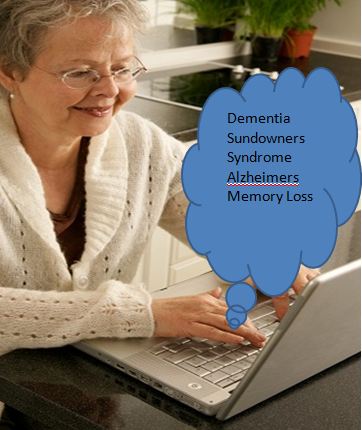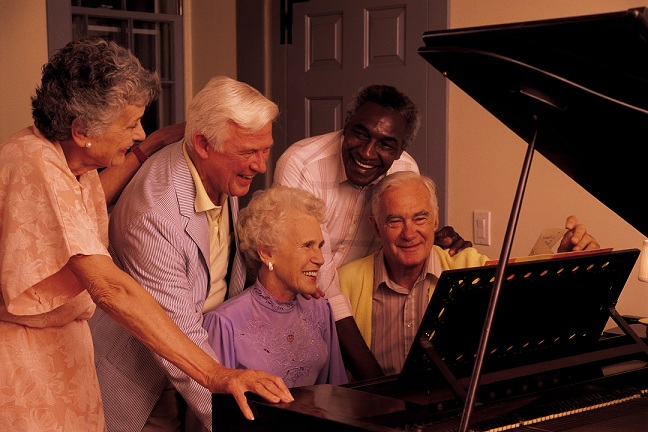Eldercare Advice: Downsizing a Lifetime of Belongings
Several personal experiences got me thinking about downsizing and the many emotional and practical components involved in “getting rid of stuff” which often happens during major life changes such as an elder moving to a retirement community.
I can vividly recall the process as my grandparents prepared for their move to a retirement community a number of years ago. My grandmother was an avid collector and the process certainly had stressful moments, though I think it was much easier being that it was a proactive choice they were making on their own. Even then, it is not easy to decide which of your precious belongings to take and what to do with those you choose not to take. Many of the clients we work with are facing a transition due to health or care needs, and while we may encourage their participation in the process, the feelings about the transition are generally more ambivalent than were those of my grandparents.
Facing a major life transition of my own, I have recently experienced what many of our clients have…going through an estate sale, deciding on a small portion of belongings to keep and facing the emotional and practical issues of downsizing a lifetime of belongings. My situation may be quite different, and my “lifetime” shorter in years of collecting, but it did give me a different perspective on the process (and greater insight in to how it all works).
It is important to acknowledge the emotions involved in these major life transitions, especially for our elderly relatives who may not be making the move solely out of choice. These emotions take time to process. Unfortunately, we don’t always have the luxury of time. If a health crisis precipitates the need to move to assisted living, for example, family members may need to make quick arrangements. As a family member, you may feel pressure of time while trying to balance helping your loved one with your job and other obligations. Take a step back when possible and think about ways things can be accomplished to perhaps slow the process. Consider hiring help to allow you time to spend with your loved one and reduce time on certain tasks to allow more time for others. Think about your loved one’s perspective when you feel frustrated.
There are many resources to help with transitions such as moving to assisted living, moving an elderly relative in to your home or even assisting after a loved one dies. A geriatric care manager can help you coordinate the transition, locate reliable helpers and professionals of all types, and provide recommendations and tips such as choosing the best assisted living options or making changes needed to health insurance if your loved one is moving to your state. A care manager can also be an invaluable resource in helping your family through the emotional issues and making suggestions to ease the transition–before, during and after.
Estate sales companies can put on a professional estate sale, helping with everything from pricing items and staging to advertising and managing the sale. You might also want to sell specific items separately, through such online sales options as EBay or Craigslist or by taking items to a local purchaser or pawn shop. Do some homework on the best ways to sell items and consider the value of your time as you determine how much effort you want to put in to certain items. You may want to have a professional appraiser value items, especially collectibles, art and other items that might have significant value. If you aren’t sure about an item, it is better to use a professional for valuation. You should consider seeking advice from a qualified attorney as you deal with selling items, managing an estate and related financial and legal ramifications.
Moving companies can help with various aspects of the move and there are now senior move managers who specialize in this area. A senior move specialist will usually be: 1. sensitive to the emotions of transitions and how to handle more than just the practical aspects 2. knowledgeable about moves involving downsizing so they can help with looking at what to take, layng out the new floor plan, etc.
We will continue highlighting issues, tips and resources for transitions and downsizing in our blog so check back for more!
Need help planning for a transition or eldercare advice on any topic? Looking for resources to assist? Call us any time at 727-447-5845.
Have you been through helping a loved one downsize? What was the hardest part? How did everyone decide what to keep or “who gets what”? Did you get any helpful eldercare advice as you went through the process?




 When your elderly loved one needs help, you might start to consider what type of senior care assistance is best…
When your elderly loved one needs help, you might start to consider what type of senior care assistance is best… Popular Downloads
Popular Downloads


 Get Our Newsletter!
Get Our Newsletter! Mission Statement
Mission Statement

